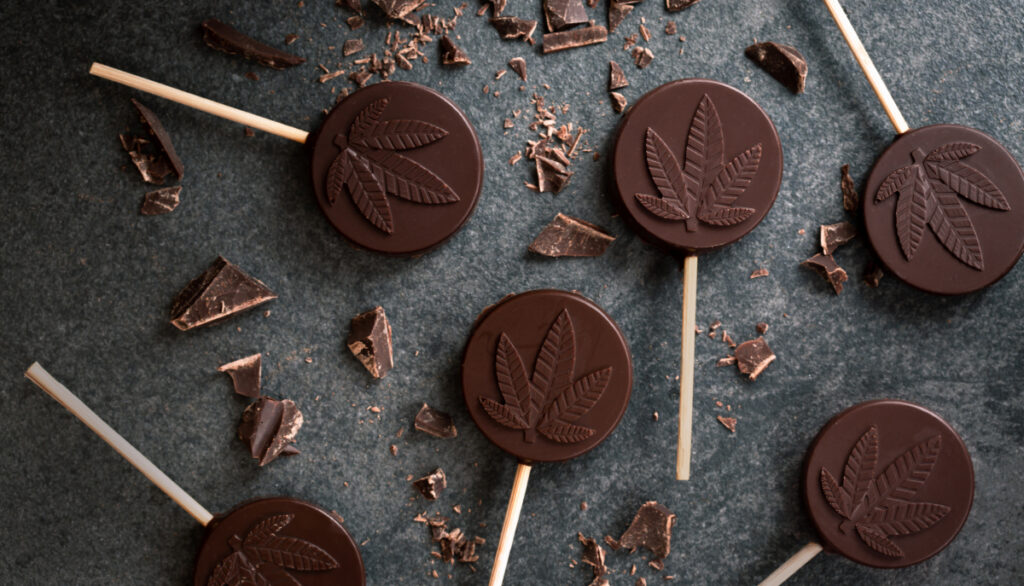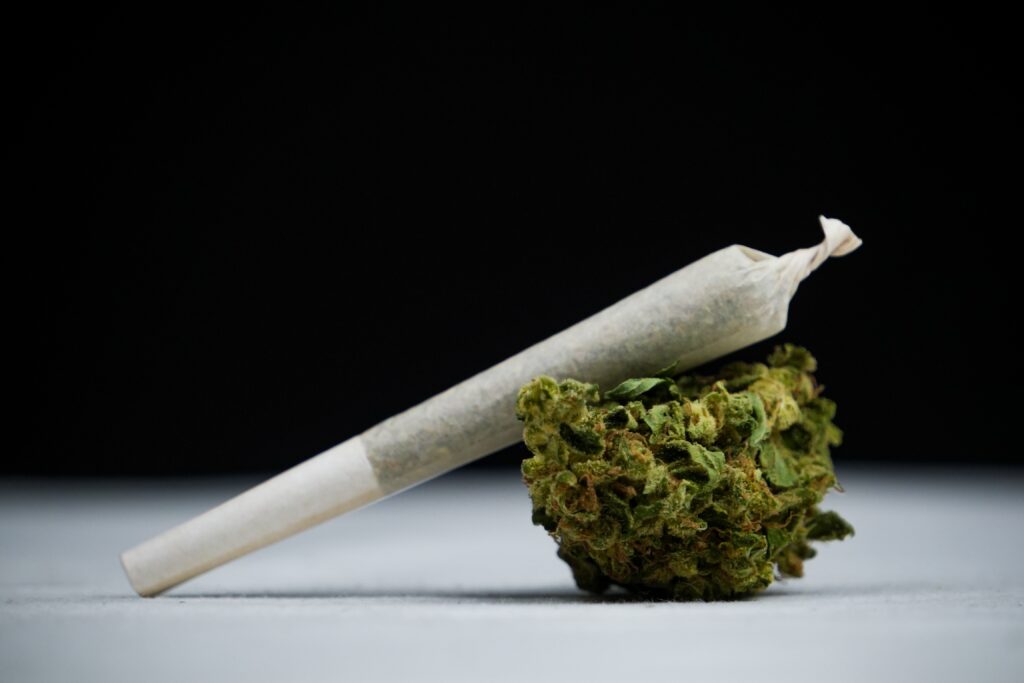What is the Difference Between Hemp Oil and CBD Oil?
Hemp and CBD oils are popular for their unique characteristics and therapeutic applications. This popularity has invoked some confusion about the oils and their uses. The confusion likely stems from the oils being extracted from the same cannabis sativa plant. We will review the similarities and differences between hemp and CBD oils to find what oil is right for you. Let’s begin with the similarities.
Hemp Oil vs. CBD Oil - Similarities
Both oils are produced from the cannabis sativa plant. Hemp and CBD oils are both non-intoxicating and will not generate the psychoactive high attributed to THC. They can both be ingested and applied topically for various therapeutic applications, although CBD is more commonly ingested and hemp oil used topically. This is where the similarities end, and differences begin.
Hemp Oil vs. CBD Oil - Differences
The differences start with the part of the plant that the oil is extracted from, the composition of the oil extracted, and how the resulting oil is best used therapeutically. CBD and hemp oils are extracted from different plant parts and have different nutritional versus cannabinoid compositions. Because of the different compositions, they are used to treat different ailments. Read on to see what oil is right for you.
Hemp Oil 101
Also called hempseed oil, hemp oil is just as this name suggests: it is the oil extracted from the industrial variety of cannabis sativa (hemp) seeds. Hemp oil is sought after because it is nutrient-rich in protein, vitamin E, and omega fatty acids. It does not contain CBD nor any other cannabinoids and cannot deliver the entourage benefits of cannabinoids. The result is that hemp oil is readily available commercially and is not regulated due to its lack of cannabinoids. It is popularly used to treat skin conditions, including eczema, psoriasis, dermatitis, varicose eczema, acne rosacea, and lichen planus.
CBD Oil 101
CBD is short for cannabidiol, and this oil is extracted from cannabis sativa flowers, leaves, stalks, and stems. CBD is a cannabinoid and is regulated in the United States. CBD oil is a full spectrum cannabinoid extract and contains other cannabinoids and terpenes, including a small THC percentage. This is a critical difference as CBD oil can be used for its entourage effect to help treat pain, anxiety, focus, sleep, and addiction.



